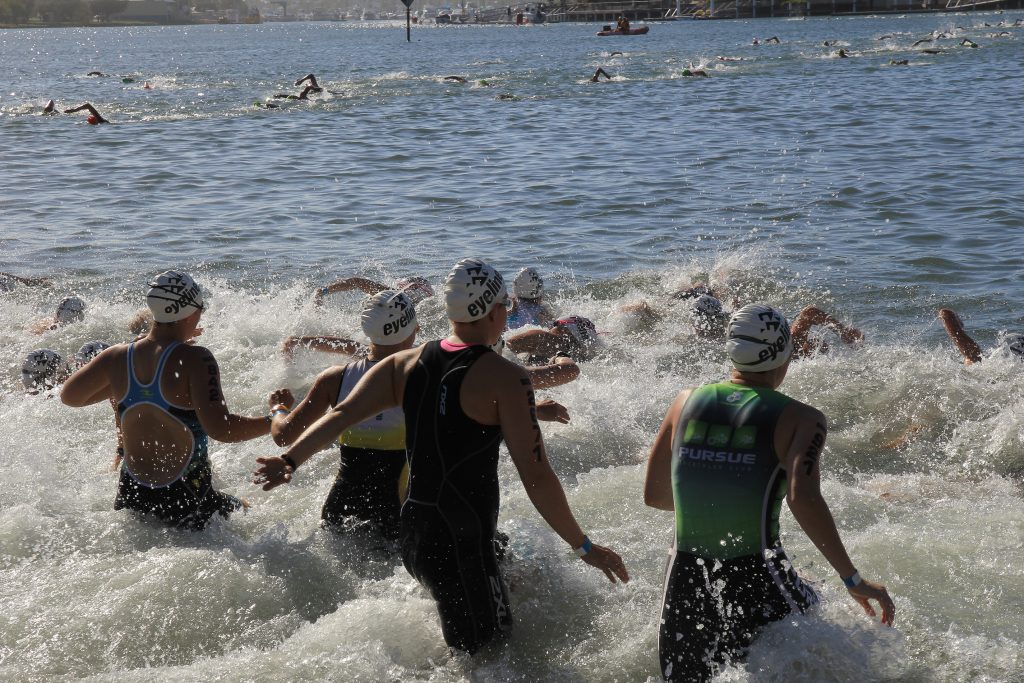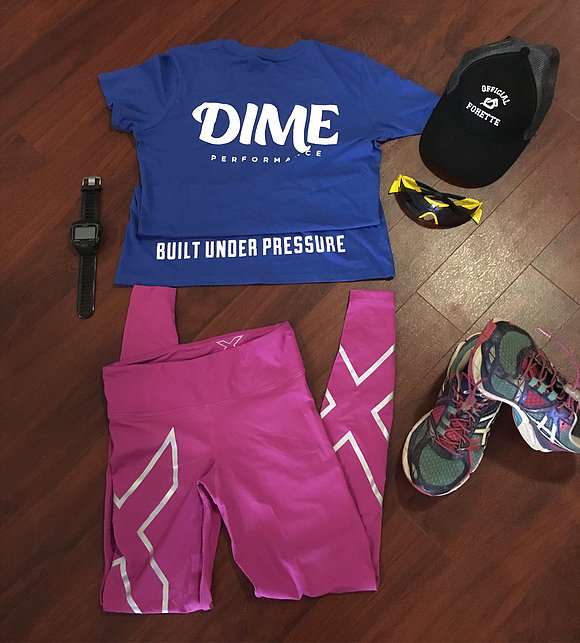You’ve just boarded the Triathlon Train (YAY!). You know you’ve got to swim, bike and run but not really sure about the specifics. Questions start running through your mind, you start googling and buying triathlon mags to try answer some of your questions:
“How often should I be training?”
“What quantity of my week should be designated to each leg?”
“What do I do in a training session?”
“How long do I need to train before competing in a triathlon?”
To answer these questions you need to ask yourself more questions. It’s like the inception of questions…. questions inside questions.
 Ask Yourself
Ask Yourself
How much time am I willing to spend training?
Think about all your other commitments, family, friends, work, and other hobbies. Break down your week and find out realistically how much time you are willing to put towards triathlon. It may only be a couple of hours a week, but I can guarantee once the bug bites you’ll be planning your social calendar around training.
What event do I want to train for?
This will give you a good idea of how much lead up time you have to train. Everyone will have a different lead up time depending on fitness, the event (distance) you chose to do, the different races (distances) are detailed below. Try and do an event close to home, this will avoid the hassle of traveling, plus you may even practice the course before race day giving you less unknowns to work with.
Enticer:
300m Swim. 10km Cycle. 2.5km Run.
Sprint:
750m. 20km Cycle. 5km Run.
Olympic:
1.5km Swim. 40km Cycle. 10km Run.
Half Ironman (70.3):
1.9km Swim. 90km Cycle. 21.1km Run.
Ironman (140.6)*:
3.8km Swim. 180km Cycle. 42.2km Run.
*probably wouldn’t recommend doing an ironman as your first triathlon! 😛
What is my budget (for a coach, for a training plan, for equipment, for events)?
You need to ask yourself, how much realistically are you willing to spend. Triathlon can be as expensive as you want, with the latest TT Bike, wetsuit, running shoes, race entry, top notch coach etc. For your first triathlon make sure you stick to a budget as it can easily be blown out of the water. $$$
Which leg is your strength?
Train all legs, but focus on where you can improve the most. For instance, if you are already a relative good swimmer but new to cycling or running, spending hours in the pool to shave off a second of two off your 100m’s is not going to be as effective as focusing on cycling or running.
Approximate breakdown: Swim: 10%, Bike: 55%, Run: 35%
 What gear do I need?
What gear do I need?
Check out our Ultimate Race Checklist to give you an idea of the equipment you may need.
Link: Ultimate Race Checklist
Top 8 Tips for Triathlon Newbies
- All the gear, no idea!No you do not need a fancy triathlon bike. Yes, while they look amazing and eventually you may get one but your current bike or an entry level bike will suffice.
- Nutrition. Ensure you fuel right, pre, during and post training. To see what DIME Performance Triathlete Megan Hendry eats check out her Food Diary.
- Don’t do anything new race day.
- Transition. Don’t forget transition time counts too. Ensure you know the transition area and have practiced dismounting etc. If you haven’t practiced pre-clipping your shoes in training, don’t try it race day.
- Ensure you don’t go overboard on training. Increase your training and appropriate increments and recover accordingly through rest, sleep nutrition, mobility and active recovery.
- Ask questions.This sport is full of so many supportive and encouraging people who have had years of experience in the sport. Reach out, the majority will be happy to assist you with questions. Otherwise research! Do your own research and find out what works best for you, nutrition, training, coaching, recovery.
- Support Crew. Remember to yell out to your support crew, because unless you are wearing high vis orange with bells on your support crew can miss you and remember they’ve been waiting for hours to watch you go past for 20seconds.
- Have fun. Triath-FUN! Smile, laugh, ENJOY the process and be proud of yourself! Remember don’t get all caught up with the specifics, your first triathlon is all about learning and having fun!